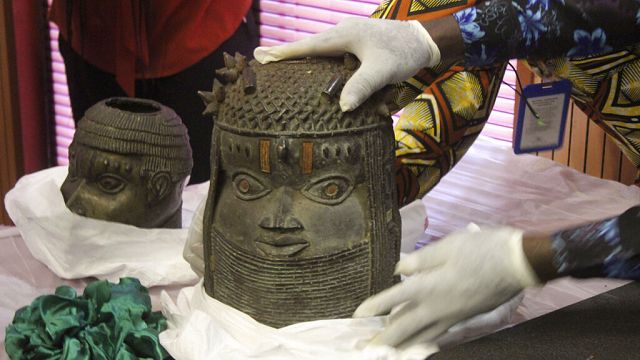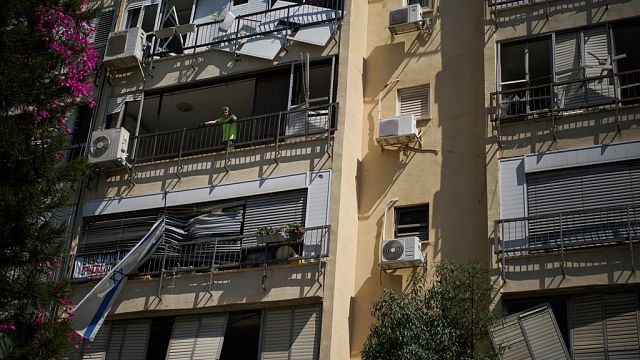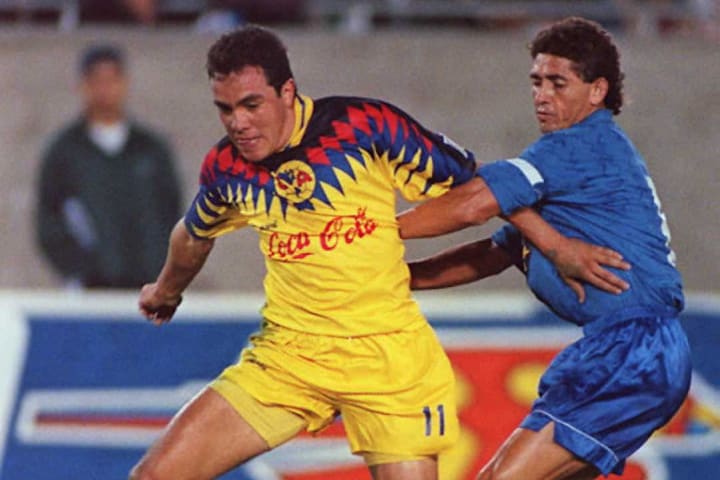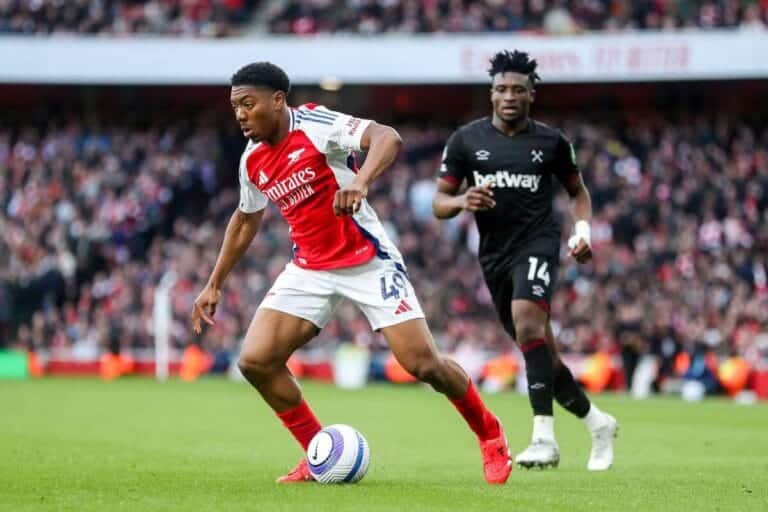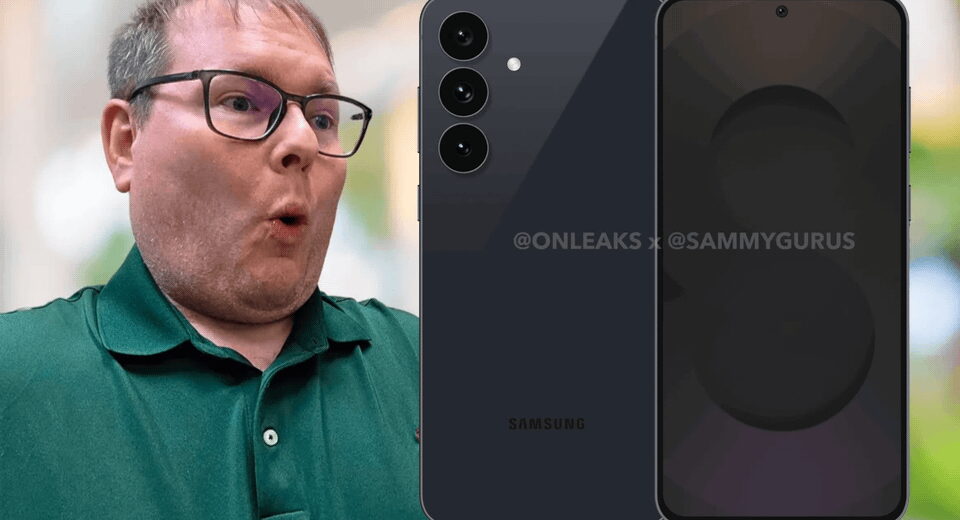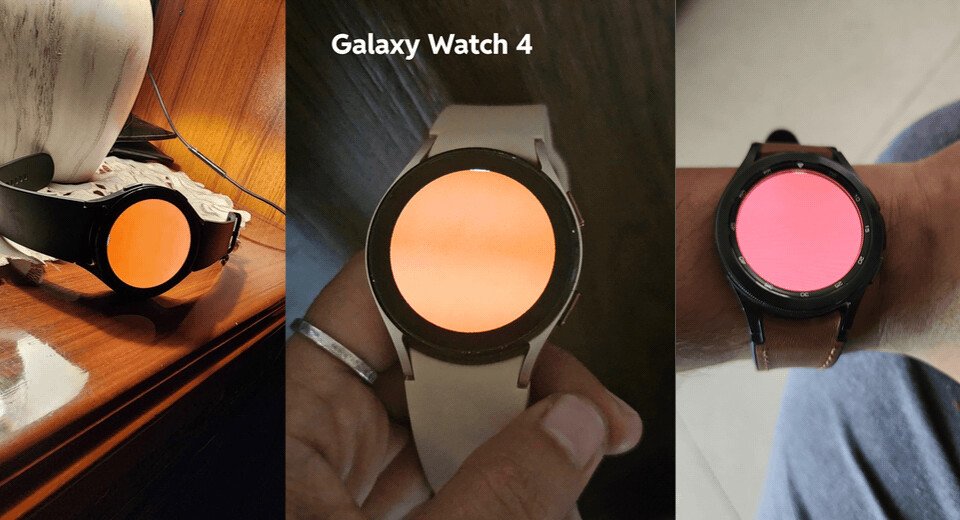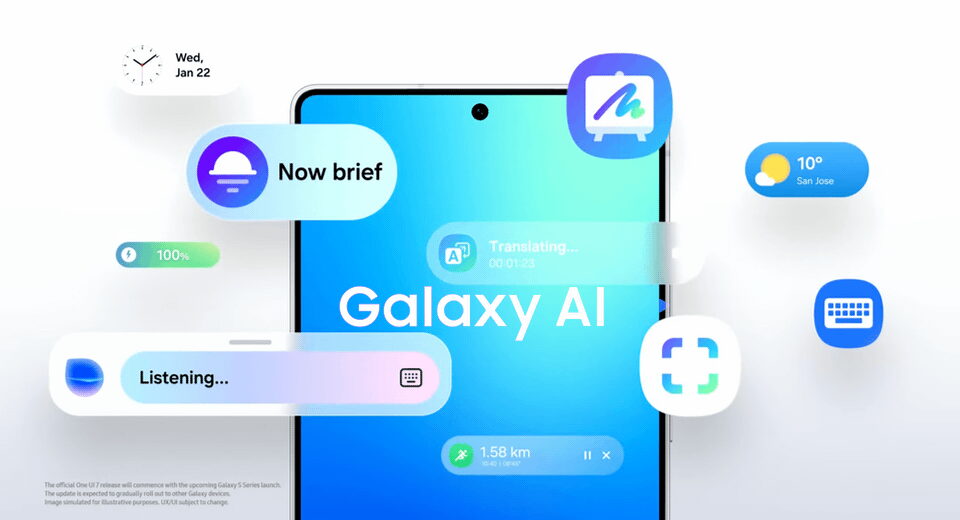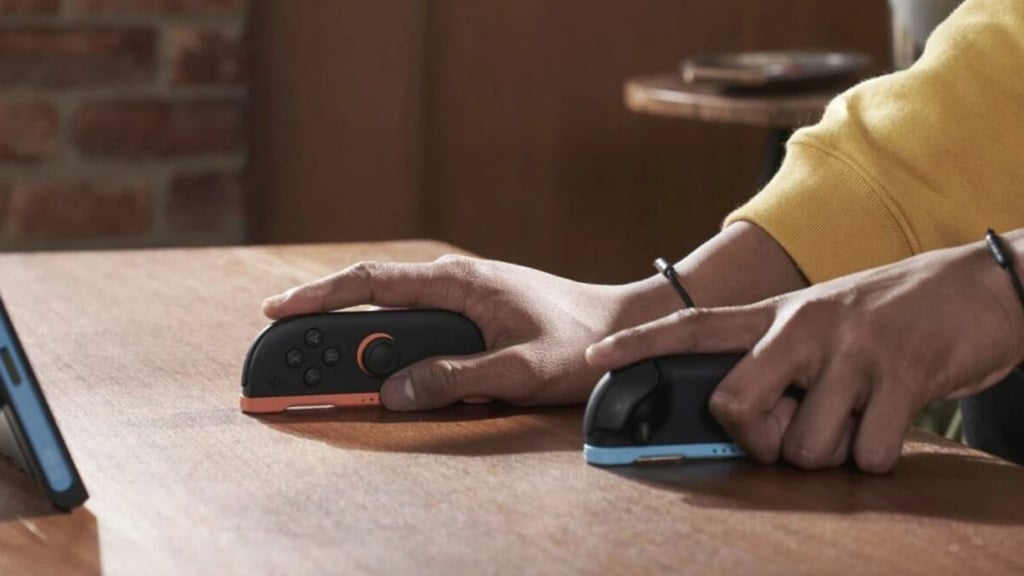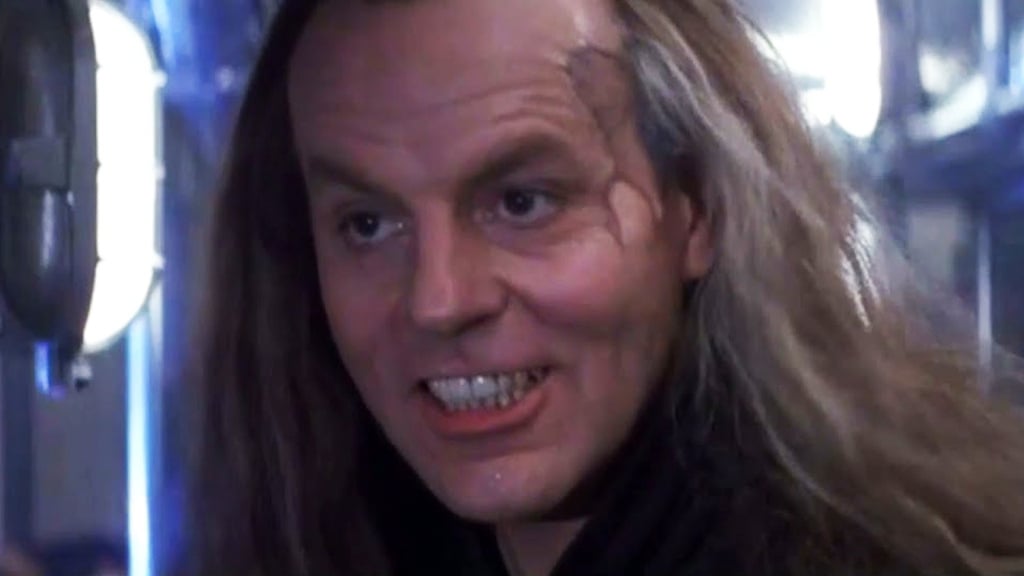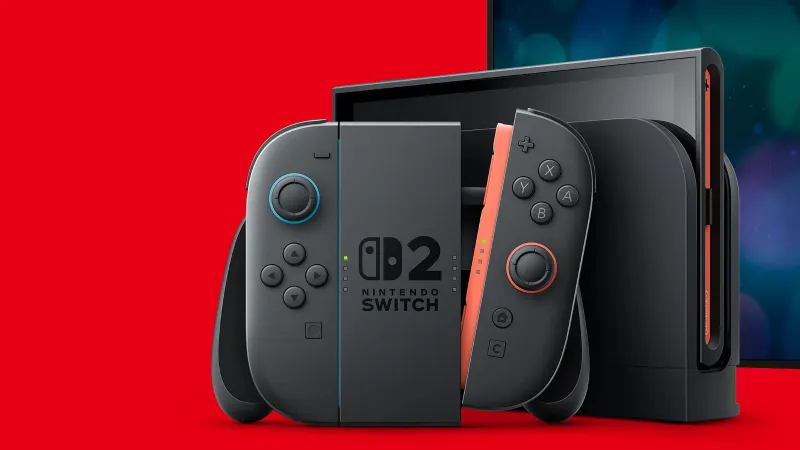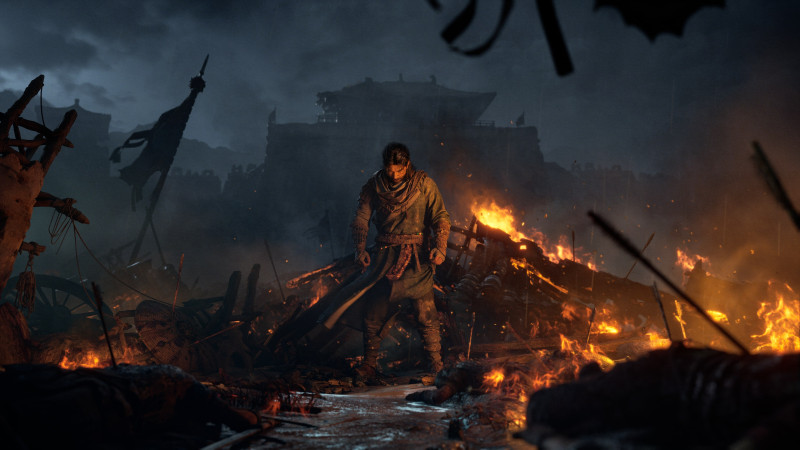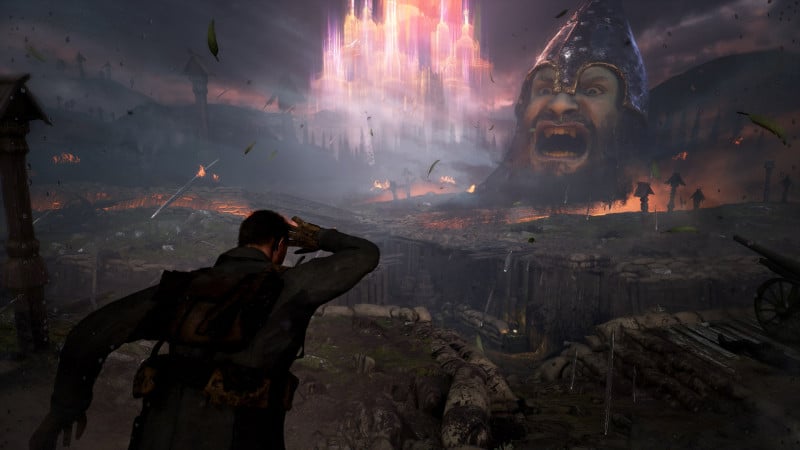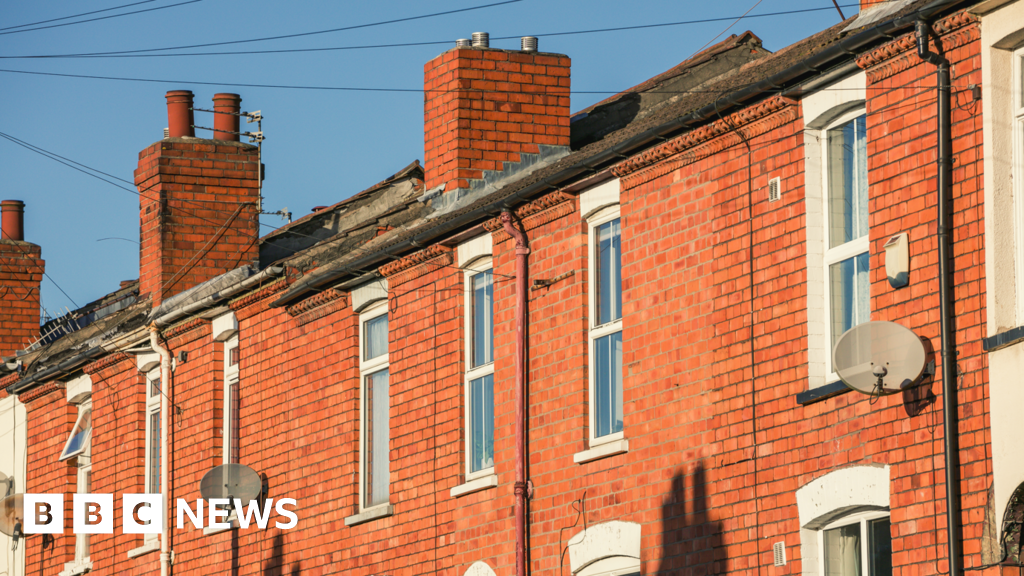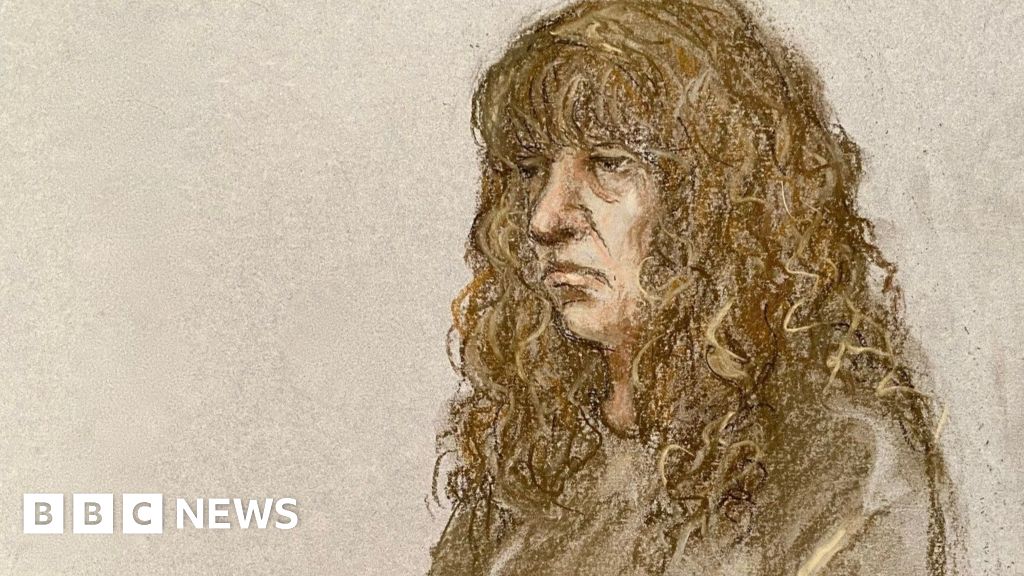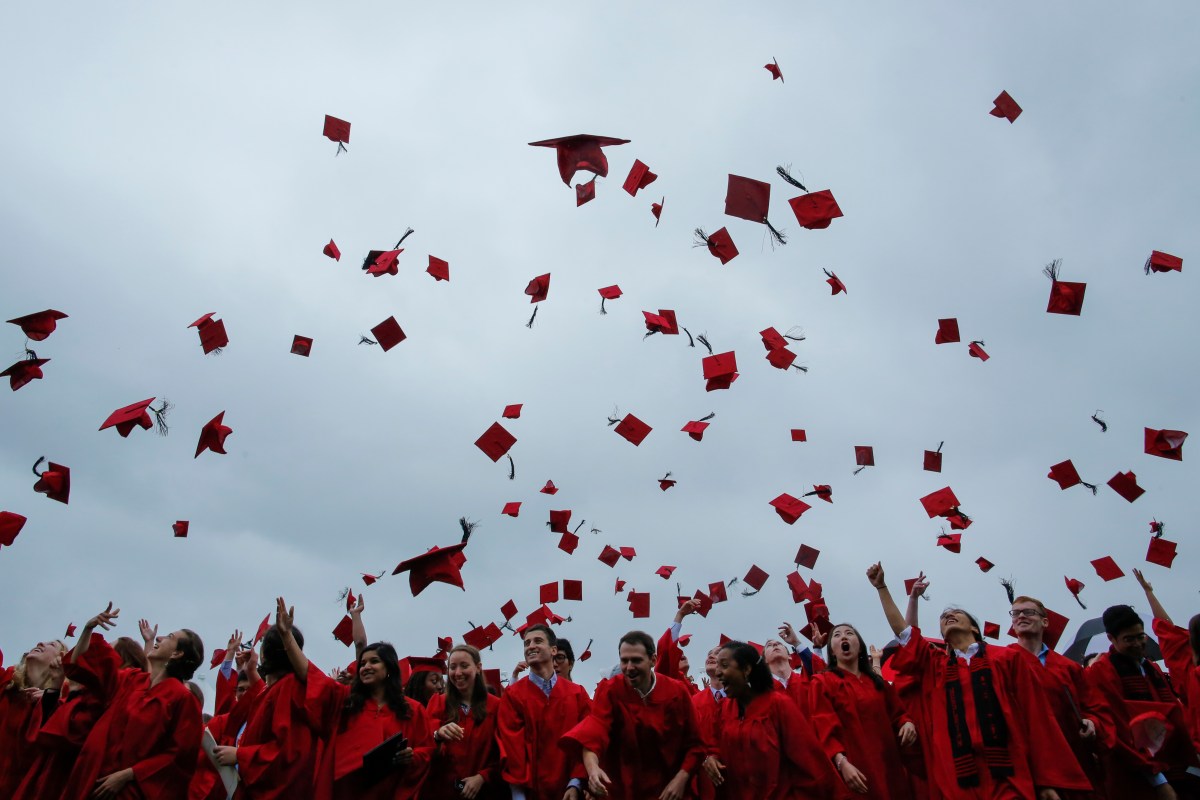Appeals Court Lets Trump Keep Control of California National Guard in L.A.


A panel rejected a lower court’s finding that it was likely illegal for President Trump to use state troops to protect immigration agents from protests. A federal appeals court on Thursday cleared the way for President Trump to keep using the National Guard to respond to immigration protests in Los Angeles, declaring that a judge in San Francisco erred last week when he ordered Mr. Trump to return control of the troops to Gov. Gavin Newsom of California. In a unanimous, 38-page ruling, a three-judge panel of the U.S. Court of Appeals for the Ninth Circuit held that the conditions in Los Angeles were sufficient for Mr. Trump to decide that he needed to take federal control of California’s National Guard and deploy it to ensure that federal immigration laws would be enforced. A lower-court judge had concluded that the protests were not severe enough for Mr. Trump to use a rarely-triggered law to federalize the National Guard over Mr. Newsom’s objections. But the panel, which included two appointees of Mr. Trump and one of former President Joseph R. Biden Jr., disagreed with the lower court. “Affording appropriate deference to the president’s determination, we conclude that he likely acted within his authority in federalizing the National Guard,” the court wrote, in an unsigned opinion on behalf of the entire panel. The ruling was not a surprise. During a 65-minute hearing on Tuesday, the panel’s questions and statements had telegraphed that all three judges — Mark J. Bennett, Eric D. Miller and Jennifer Sung — were inclined to let Mr. Trump keep controlling the Guard for now, while litigation continues to play out over California’s challenge to his move. Mr. Trump praised the decision, saying in a Truth Social post late Thursday that it supported his argument for using the National Guard “all over the United States” if local law enforcement can’t “get the job done.” Mr. Newsom, in a response on Thursday, focused on how the appeals court had rejected the Trump administration’s argument that a president’s decision to federalize the National Guard could not be reviewed by a judge. “The president is not a king and is not above the law,” Mr. Newsom said in a statement. “We will press forward with our challenge to President Trump’s authoritarian use of U.S. military soldiers against citizens.” The Trump administration had urged the appeals court to find that the judiciary could not review Mr. Trump’s decision to take control of a state’s National Guard under the statute he invoked, which sets conditions like if there is a rebellion against governmental authority that impedes the enforcement of federal law. The appeals court declined to go that far. Supreme Court precedent “does not compel us to accept the federal government’s position that the president could federalize the National Guard based on no evidence whatsoever, and that courts would be unable to review a decision that was obviously absurd or made in bad faith,” the appeals court wrote. But, the judges said, the violent actions of some protesters in Los Angeles had hindered immigration enforcement, and that was sufficient for the judiciary to defer to Mr. Trump’s decision to invoke the call-up statute. The appeals court also rejected the state’s contention that the call-up order was illegal because Pete Hegseth, the defense secretary, sent the directive to a general in charge of the National Guard, even though the statute says any such edict must go “through” the governor. The court said the general was Governor Newsom’s agent, and that was good enough. “Even if there were a procedural violation, that would not justify the scope of relief provided by the district court’s” order stripping Mr. Trump of control of the guard, the ruling added. The state could choose to ask the full appeals court to rehear the matter, or it could directly ask the Supreme Court to intervene. But the state might also just move on from the current part of the dispute, since the ruling on Thursday pertains to a short-lived temporary restraining order that will soon be obsolete anyway. Either way, litigation in the case is set to return on Friday to the San Francisco courtroom of a Federal District Court judge, Charles Breyer, for a hearing. He is weighing whether to issue a more durable preliminary injunction restricting what Mr. Trump can do with some 4,000 National Guard troops or 700 active-duty Marines his administration has also deployed into the city. Judge Breyer’s temporary restraining order concerned only the National Guard and whether it was lawful for Mr. Trump to mobilize them under federal control. At the hearing on Friday, he is also set to address a state request to limit troops under federal control to guarding federal buildings, and to bar them from accompanying Immigration and Customs Enforcement agents on the workplace raids that sparked the protests. That request centers on a 19th-century law, the Posse Comitatus Act, that generally makes it illegal to use the military for domestic law enforcement. The Trump administration has argued that the troops are not themselves performing law enforcement tasks, but rather are protecting civilian agents who are trying to arrest undocumented migrants. Mr. Hegseth suggested that he might not obey a ruling from the lower court, telling senators on the Armed Services Committee on Wednesday that he doesn’t “believe district courts should be setting national security policy.” Conditions in Los Angeles have calmed significantly over the past week, and Mayor Karen Bass of Los Angeles announced on Tuesday that she was ending the downtown curfew, a week after it had first been imposed. She said local law enforcement efforts have been “largely successful” at reimposing order. California officials have said from the beginning that local and state police could handle the protesters, and that Mr. Trump’s decision to send in federal troops only inflamed matters. But speaking with reporters outside the White House on Wednesday, Mr. Trump said he felt empowered to send troops anywhere violent protests erupt. “We did a great job. We quelled that thing,” the president said of the demonstrations in Los Angeles. “And the fact that we are even there thinking about going in, they won’t bother with it anymore. They’ll go someplace else. But we’ll be there, too. We’ll be wherever they go.” Greg Jaffe contributed reporting.
What's Your Reaction?
 Like
0
Like
0
 Dislike
0
Dislike
0
 Love
0
Love
0
 Funny
0
Funny
0
 Angry
0
Angry
0
 Sad
0
Sad
0
 Wow
0
Wow
0




